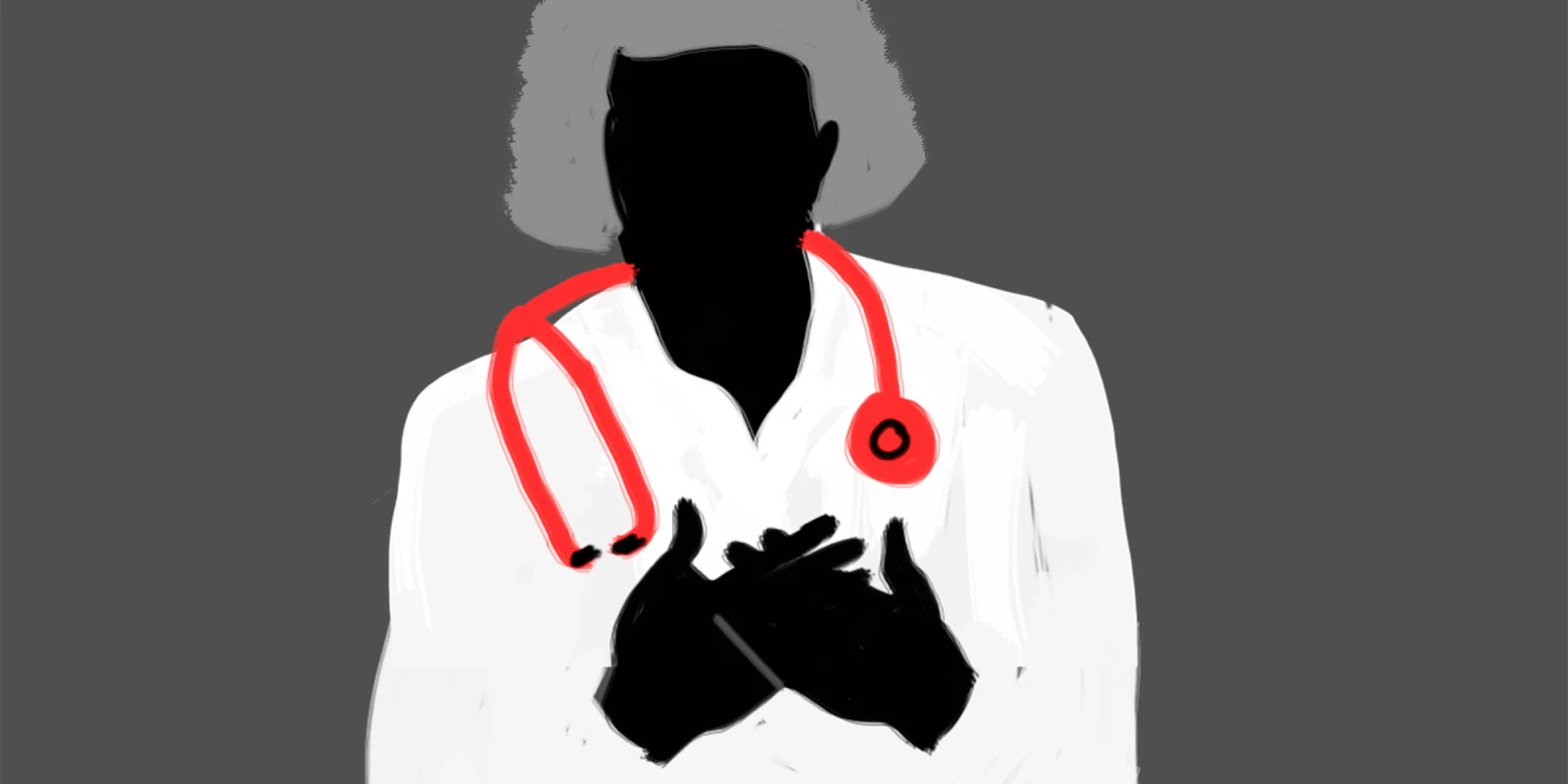That time of year is soon upon us when a fresh batch of medical students stand poised to don their crisp, short, white coats for the first time. The occasion spurs reflection among those of us wearing longer white coats — myself having traded up just months ago — on what wearing them really means.
In the course of my four years as a medical student, the practice of medicine certainly underwent transformation and evolution. But, for me, one experience prior to the pandemic and one experience after solidify the enduring qualities of what the white coat symbolizes.
During my second year of medical school, I joined a number of other medical students at a rally for sensible gun policy outside of the Virginia Legislature. It was a hot day, and we were armed with our talking points about gun safety as a public health issue and, of course, with our white coats.
All of a sudden, in the crowd, someone yelled, “Is there a doctor anywhere? We need a doctor over here!” And, of course, a sea of peaceful protesters all simultaneously turned their heads to our little group of white coats. A bunch of medical students in white coats.
We all looked at each other with a little bit of panic, but started to walk over to the commotion — and most importantly, got the attention of the EMS first responders to meet us over there.
This was our moment.
Somehow, we drew on our collective training and remembered our ABCs. We asked the lady sitting on the sidewalk to tell us her name and what happened, saw that she was breathing and just felt a little dizzy. When the EMS folks got there, we were able to say, “She’s OK, she needs some water!”
We had done something!
For me, that event brought home an important point. Outside of the realization that I didn’t really know much about medicine just yet, it brought home that when we put on that white coat, we are signaling to those around us that we are willing to be responsible. That we are willing to respond to a problem and do what we can to get the right thing done.
Fast forward to the beginning of my fourth year on ICU rotation in a very different landscape. A young patient was brought in after being hit by a car and was admitted directly to the ICU with catastrophic injuries. After doing the initial workup, the ICU fellow was going to inform the patient’s mother of what happened and his status. I asked if I could join as he delivered the information to the family. “Yes,” he said. “But go put on your white coat.”
And, in that moment, I experienced the other side of that responsibility that follows the white coat — that of trust. As I sat with this mother when she learned information that would change her life and what to expect and what options she would face, I felt the weight of the trust that she was putting in these two people before her, in white coats, to do the right things in caring for one of the most important parts of her life.
So, in the act of putting on the white coat — something we will do time and again over the course of our futures — I believe it is important to remember what we are committing to those around us. Whether we are wearing it to elevate a public health cause or to be present in the most meaningful moments in someone’s life, and whether we are wearing it as a student, a new resident, or after years of experience, it is a commitment that we will rise to the occasion. That even though we may not know everything, we will take responsibility for ensuring the right things get done, and we will be worthy of the trust others will give us in that role.
So, to myself as much as to the newly minted wearers of white coats: May we wear it proudly. May we be ready for people to ask for help. And may we stay aware of the trust and responsibility that we are inviting each time we put it on.
What personal experience shaped what wearing the white coat means to you? Share in the comments.
Dr. Ghandakly is an internal medicine PGY1 at The Cleveland Clinic. She graduated from George Washington University Medical School in 2022 and The Ohio State University Law School in 2009. She also holds a master’s in bioethics from Johns Hopkins University.
Illustration by Jennifer Bogartz







